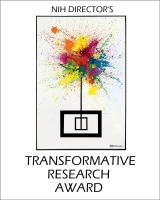2015 Awardees
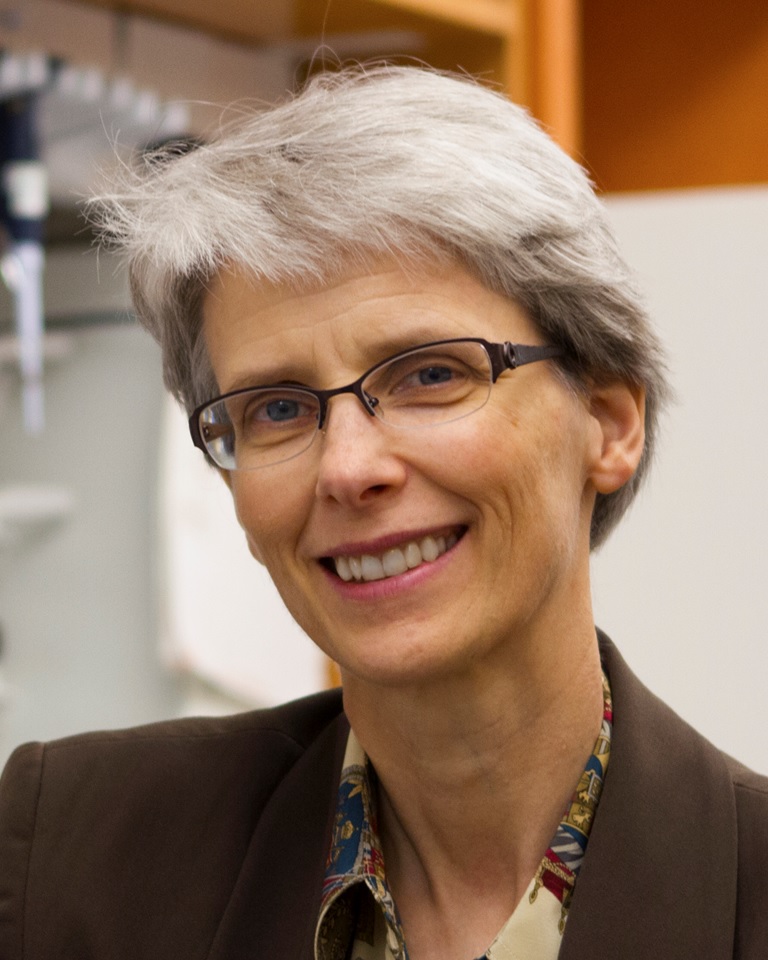
Nancy Allbritton, M.D., Ph.D.
University of North Carolina and North Carolina State University
Project Title: Development of Human Intestinal Simulacra
Grant ID: R01-DK109559
Funded by the National Center for Complementary and Integrative Health, National Institute of Diabetes and Digestive and Kidney Diseases, National Institute of Environmental Health Sciences & Office of the Director
MPIs: Scott Bultman, Ph.D.; Shawn M. Gomez, Eng.Sc.D.; and Scott T. Magness, Ph.D.
Dr. Nancy Allbritton is the Kenan Professor and Chair of Biomedical Engineering at the University of North Carolina at Chapel Hill (UNC) and North Carolina State University (NC State). She obtained her Ph.D. in Medical Physics/Medical Engineering from the Massachusetts Institute of Technology, and her M.D. from the Johns Hopkins University after which she completion of a postdoctoral fellowship in cell biology at Stanford University. She is a Fellow in the American Institute for Medical & Biological Engineering and the AAAS and a member of the National Academy of Inventors. Dr. Allbritton's research studies, described in over 130 publications, are directed at the development of new technologies by bringing to bear methods from engineering, chemistry, physics and biology to address biomedical problems. Dr. Allbritton is the scientific founder of three companies, Protein Simple (sold to Biotechne), Cell Microsystems, and Altis Biosystems and has 11 issued patents with >8 more pending.
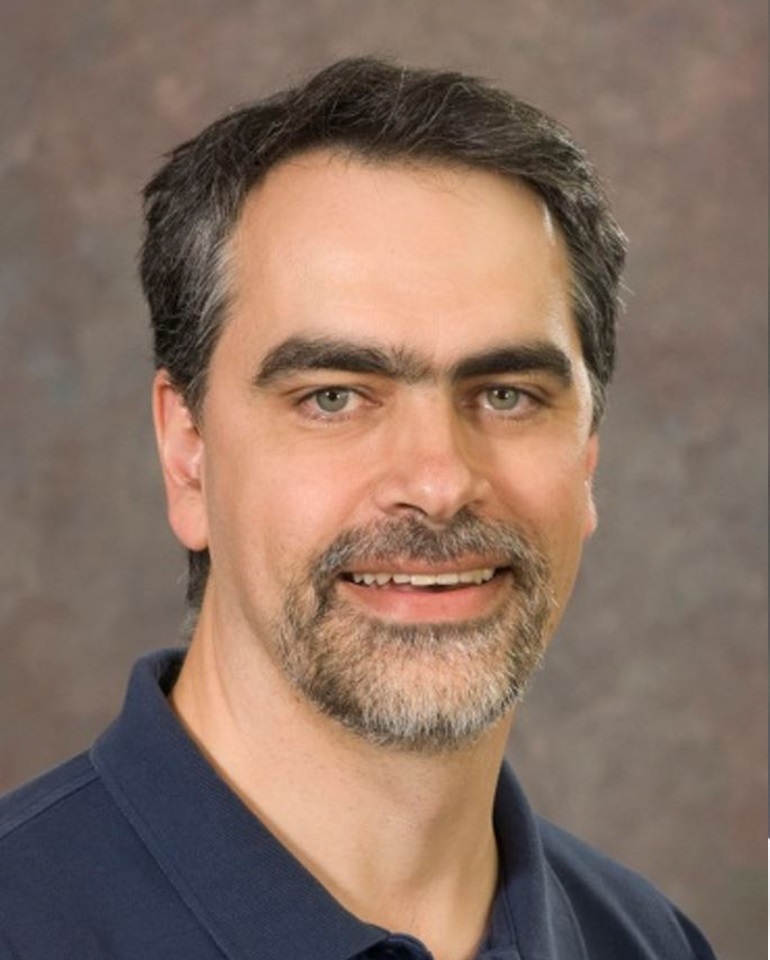
Ramsey D. Badawi, Ph.D.
University of California, Davis
Project Title: EXPLORER: Changing the Molecular Imaging Paradigm with Total Body PET
Grant ID: R01-CA206187
Funded by the National Cancer Institute, National Institute of Biomedical Imaging and Bioengineering & Office of the Director
MPI: Simon R. Cherry, Ph.D.
Ramsey D. Badawi is a professor in the Departments of Radiology and Biomedical Engineering at the University of California, Davis, USA (UC Davis), and he currently serves as chief of the Division of Nuclear Medicine there. Dr. Badawi earned a bachelor’s degree in physics and a master’s degree in astronomy from the University of Sussex, UK, and a Ph.D. in positron emission tomography (PET) physics from the University of London, UK. Prior to joining UC Davis, Dr. Badawi worked at St. Thomas’ Hospital, London, UK; the University of Washington, Seattle; and the Dana Farber Cancer Institute, Boston, Massachusetts. His work includes an extensive formalization of the process of detector normalization in PET; exploration of PET and CT for the assessment of response of gastro-intestinal stromal tumors to receptor tyrosine kinase inhibitors; the building of the first dedicated PET/CT scanner for breast and extremity imaging in humans; and the building of an ultra-high resolution PET scanner for mouse extremity imaging. His current research interests include PET and multimodality imaging instrumentation, image processing, and imaging in clinical trials.
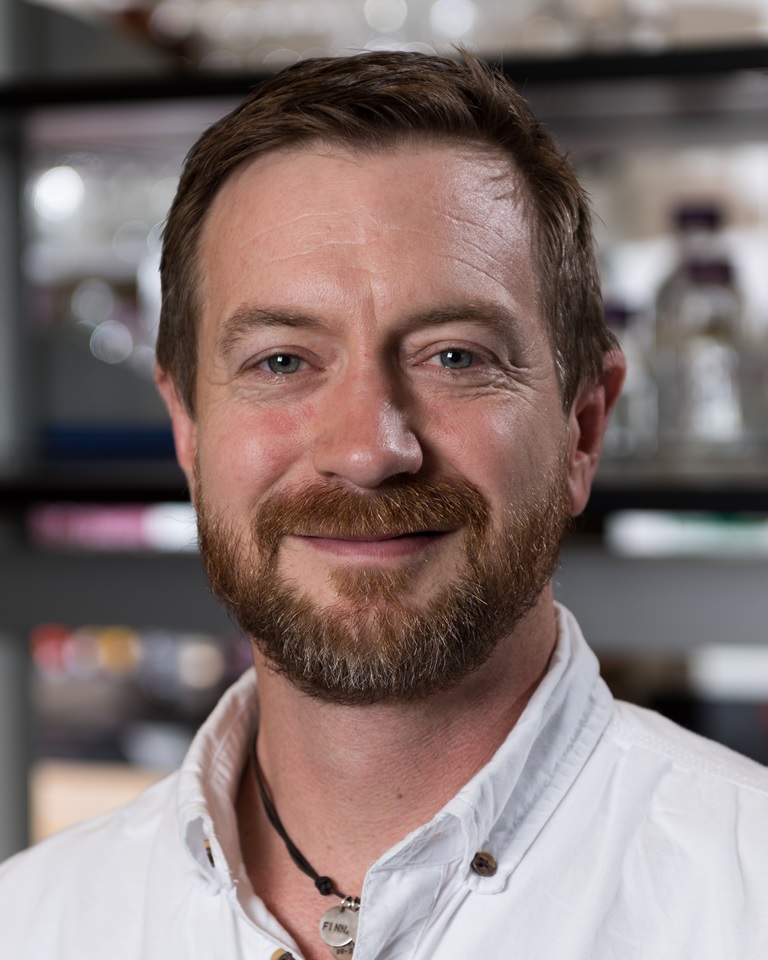
Thomas H. Barker, Ph.D.
Georgia Institute of Technology
Project Title: Mechanosensors That Detect and Treat Lung Fibrosis
Grant ID: R01-HL132585
Funded by the National Heart, Lung, and Blood Institute & Office of the Director
Dr. Barker’s research is focused on how the physical properties of the microenvironment and mechanical forces impact cell phenotype in tissue fibrosis and wound healing. Dr. Barker has made seminal contributions to the field by establishing the cell-level mechanics of human lung fibrosis tissue and its effect on epithelial-to- mesenchymal transition and myofibroblast differentiation. More recently, he has established a novel mechanism by which a critical, “mechanically deaf” fibroblast subpopulation contributes to the initiation and progression of fibrosis. Dr. Barker leverages advanced bioengineering/biotechnological tools including single-molecule to tissue-level biophysical analysis methods, engineered cell culture systems and directed evolution of mechanosensitive molecular probes. Future efforts of Dr. Barker will focus on the elucidation of fibroblast heterogeneity that emerges during tissue fibrosis and wound repair, exploration of novel mechanistic insights into fibroblast mecahnotransduction, and the development of technologies that leverage, or hijack, endogenous cell mechanotransduction for therapeutic gain.
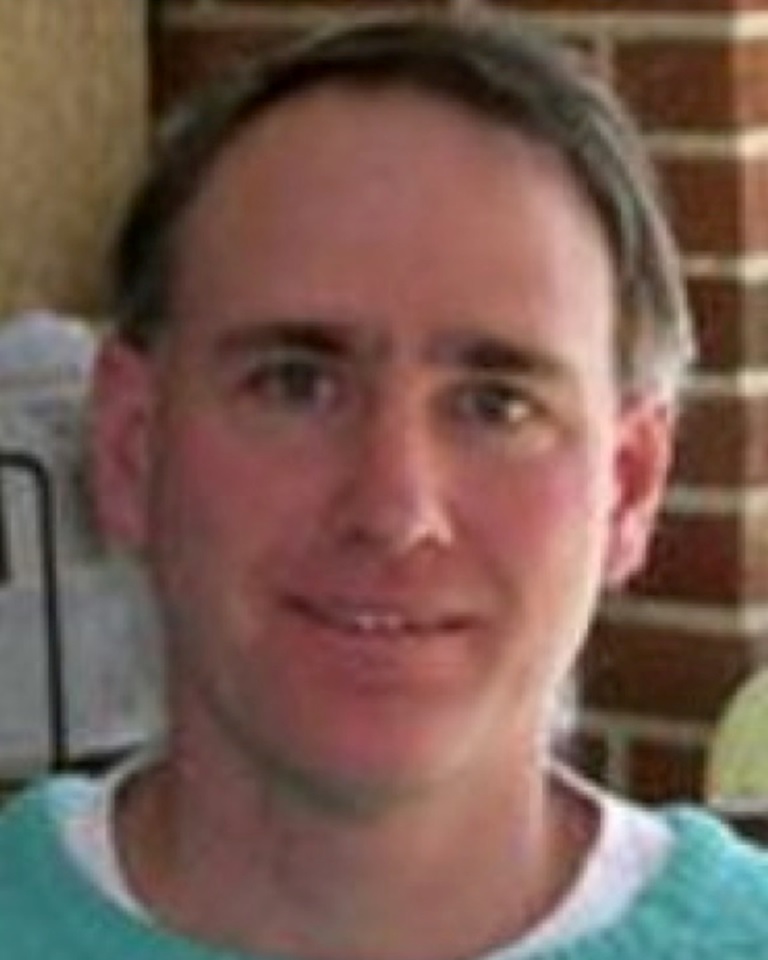
Scott Bultman, Ph.D.
University of North Carolina at Chapel Hill, School of Medicine
Project Title: Development of Human Intestinal Simulacra
Grant ID: R01-DK109559
Funded by the National Center for Complementary and Integrative Health, National Institute of Diabetes and Digestive and Kidney Diseases, National Institute of Environmental Health Sciences & Office of the Director
MPIs: Nancy Allbritton, M.D., Ph.D.; Shawn M. Gomez, Eng.Sc.D.; and Scott T. Magness, Ph.D.
Scott Bultman is an Associate Professor at the Department of Genetics and the Lineberger Comprehensive Cancer Center at the University of North Carolina. Scott received his Ph.D. in Dr. Rick Woychik's lab at the Oak Ridge National Laboratory where he cloned and molecularly characterized a classical coat-color gene in the mouse called the agouti locus. As a postdoctoral fellow in Dr. Terry Magnuson's lab at Case Western Reserve University, Scott knocked out the mouse BRG1 catalytic subunit of SWI/SNF chromatin-remodeling complexes and demonstrated that it is required for mammalian development and also functions as a tumor suppressor. As a PI, he has continued to develop and utilize mouse models of development and disease. Currently, his lab is particularly interested in identifying gut microbiota and microbial metabolites that influence colorectal cancer progression and elucidating their mechansims of action.

Simon R. Cherry, Ph.D.
University of California, Davis
Project Title: EXPLORER: Changing the Molecular Imaging Paradigm with Total Body PET
Grant ID: R01-CA206187
Funded by the National Cancer Institute, National Institute of Biomedical Imaging and Bioengineering & Office of the Director
MPI: Ramsey D. Badawi, Ph.D.
Simon R. Cherry, Ph.D., received his B.Sc. (Hons) in Physics with Astronomy from University College London in 1986, and a Ph.D. in Medical Physics from the Institute of Cancer Research, University of London in 1989. His postdoctoral studies were conducted at UCLA in the laboratories of Edward Hoffman and Michael Phelps. He is currently a Distinguished Professor in the Departments of Biomedical Engineering and Radiology at the University of California, Davis. Dr. Cherry’s research interests center around biomedical imaging and in particular the development and application of in vivo molecular imaging systems. His major accomplishments include invention of the microPET technology used in high-resolution systems for positron emission tomography (PET), developing the first hybrid PET/MRI (magnetic resonance imaging) systems, and the use of Cerenkov luminescence for biomedical imaging.
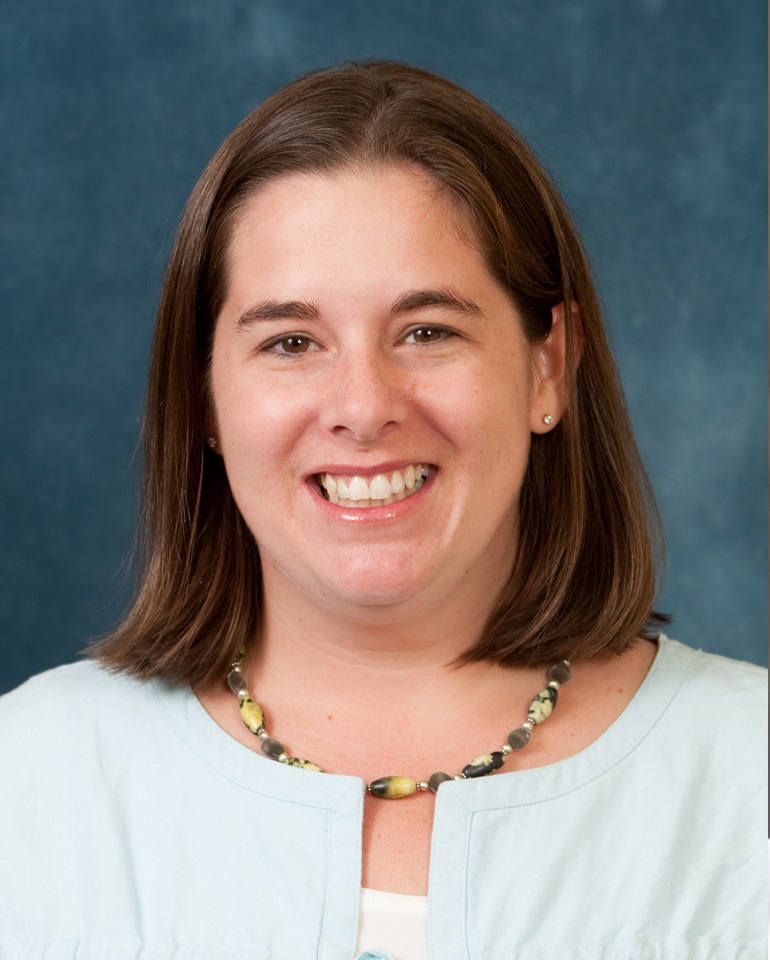
Dana C. Dolinoy, M.Sc., Ph.D.
University of Michigan School of Public Health
Project Title: Development of piRNAs for Target-Specific Methylation
Grant ID: R01-ES026877
Funded by the National Institute of Environmental Health Sciences & Office of the Director
Dr. Dana Dolinoy is an Associate Professor of Environmental Health Sciences and Nutritional Sciences at the University of Michigan School of Public Health and leads the Environmental Epigenetics and Nutrition Laboratory, which investigates how nutritional and environmental factors interact with epigenetic gene regulation to shape health and disease. Dr. Dolinoy holds a B.A. in environmental sciences and policy from Duke University, an M.Sc. in environmental sciences and engineering from the Harvard School of Public Health, and a Ph.D. in Genetics and Genomics and Integrated Toxicology from Duke University. Dr. Dolinoy is a recipient of an ONES (Outstanding New Environmental Scientist) R01 from the National Institute of Environmental Health Sciences (NIEHS) and serves as associate director of the NIEHS Michigan Center for Lifestage Environmental Exposures and Disease (M-LEEaD) and an investigator in the EPA/NIEHS Michigan Children’s Environmental Health and Disease Prevention Center. In 2012, Dr. Dolinoy was the recipient of the Association of Schools of Public Health (ASPH)/Pfizer Research Award for the article, “An Expression Microarray Approach for the Identification of Metastable Epialleles in the Mouse Genome.” This work was cited as a model approach that may allow for directly assessing the role of early environmental exposures in human adult disease.
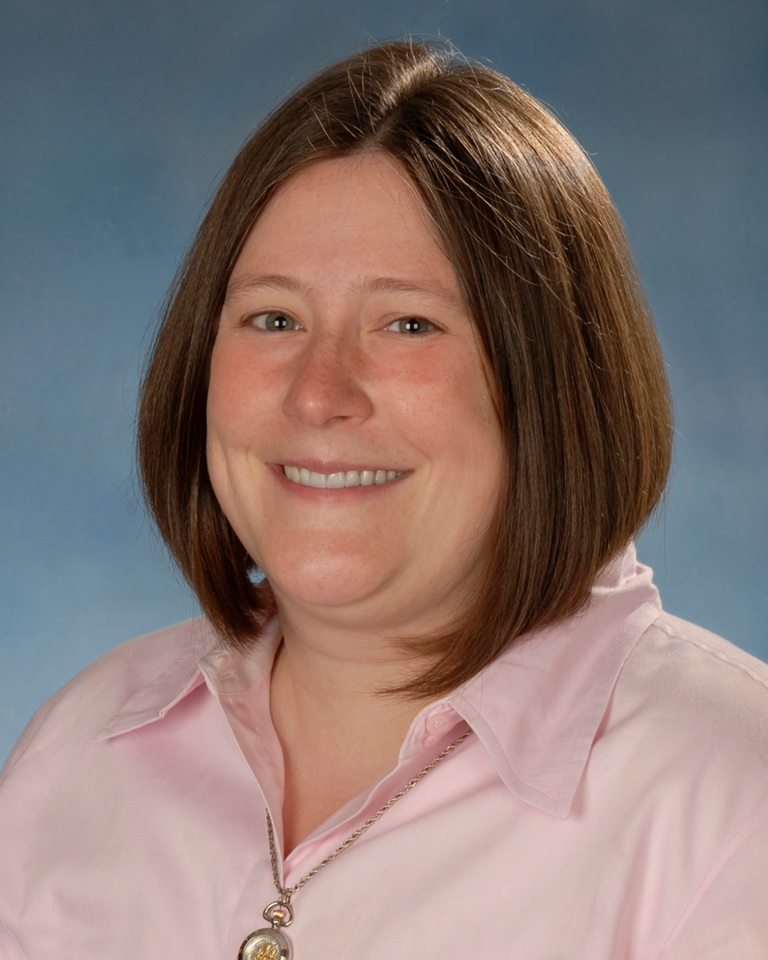
Julie C. Dunning Hotopp, Ph.D.
University of Maryland School of Medicine
Project Title: Extent and Significance of Bacterial DNA Integrations in the Human Cancer Genome
Grant ID: R01-CA206188
Funded by the National Cancer Institute & Office of the Director
Julie Dunning Hotopp is an Associate Professor in the Institute for Genome Sciences and the Department of Microbiology & Immunology at the University of Maryland School of Medicine and a member of the University of Maryland Greenebaum Cancer Center. Her research focuses on examining the extent and implications of bacterial DNA integrations into animal genomes, including the human somatic genome. She has been at the forefront of research demonstrating that bacterial DNA integrations are extensive in invertebrates, sometimes encompassing multiple bacterial genomes. Through an NIH New Innovator Award awarded in 2010, her group used bioinformatics to demonstrate that such integrations are present in the human somatic genome where some are positioned in a manner where they could be oncogenic. She received her B.S. in Microbiology from the University of Rochester, her Ph.D. in Microbiology and Molecular Genetics from Michigan State University under the mentorship of Dr. Robert Hausinger, and her post-doctoral training in Microbial Genomics at TIGR under the mentorship of Dr. Hervé Tettelin.
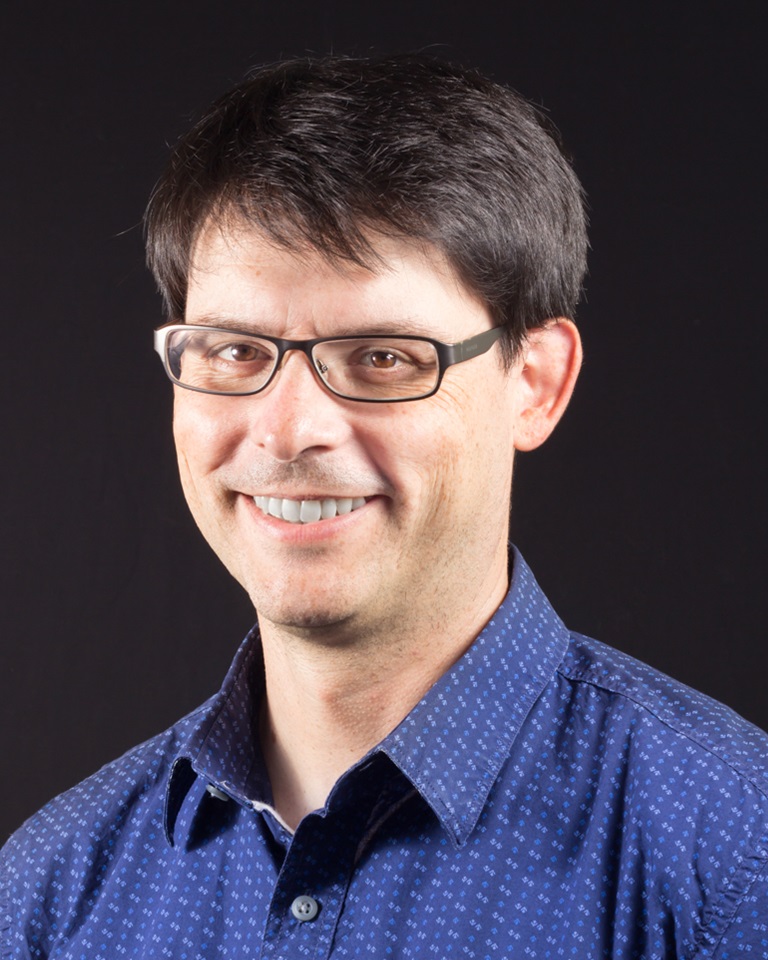
Shawn M. Gomez, Eng.Sc.D.
UNC-Chapel Hill and NC State University
Project Title: Development of Human Intestinal Simulacra
Grant ID: R01-DK109559
Funded by the National Center for Complementary and Integrative Health, National Institute of Diabetes and Digestive and Kidney Diseases, National Institute of Environmental Health Sciences & Office of the Director
MPIs: Nancy Allbritton, M.D., Ph.D.; Scott Bultman, Ph.D.; and Scott T. Magness, Ph.D.
Shawn Gomez is an Associate Professor in the Joint Department of Biomedical Engineering at UNC-Chapel Hill and NC State University, with a joint appointment in the Department of Pharmacology at UNC-Chapel Hill. He received his Eng.Sc.D. in Biomedical Engineering from Columbia University in New York City and his B.S. and M.S. in Aerospace Engineering Sciences from the University of Colorado, Boulder. He performed postdoctoral work at the JP Sulzberger Columbia Genome Center in the lab of Andrey Rzhetsky and was a Florence Gould Scholar, Pasteur Foundation Fellow at Institut Pasteur in Paris, France. Research in his lab focuses on bioinformatics and computational systems biology, with particular emphasis on understanding the architecture and dynamics of gene-regulatory and signaling networks in human disease.

Martin W. Hetzer, Ph.D.
Salk Institute for Biological Studies, La Jolla
Project Title: The Role of Long-Lived Proteins in the Survival of Nerve Cells
Grant ID: R01-NS096786
Funded by the National Institute on Aging, National Institute of Neurological Disorders and Stroke & Office of the Director
Martin W. Hetzer is the Jesse and Caryl Philips Professor of Molecular and Cell Biology and Director of the Waitt Advanced Biophotonics Center at the Salk Institute for Biological Studies in La Jolla. Dr. Hetzer received his Ph.D. in biochemistry and genetics from the University of Vienna, Austria, and completed postdoctoral work at the European Molecular Biology Laboratory (EMBL) in Heidelberg, Germany. He joined the faculty at the Salk as an Assistant Professor in 2004 and became Full Professor in 2011. His research focuses on fundamental aspects of organismal aging with a special focus on the heart and central nervous system. His laboratory has also made important contributions in the area of cancer research and cell differentiation. Dr. Hetzer has received a number of awards including a Pew Scholar Award, an Early Life Scientist Award from the American Society of Cell Biology, a Senior Scholar Award for Aging from the Ellison Medical Foundation, a Senior Scholar Award from the American Cancer Society, Royal Society Research Merit Award and most recently the 2013 Glenn Award for Research in Biological Mechanisms of Aging.

Scott T. Magness, Ph.D.
University of North Carolina
Project Title: Development of Human Intestinal Simulacra
Grant ID: R01-DK109559
Funded by the National Center for Complementary and Integrative Health, National Institute of Diabetes and Digestive and Kidney Diseases, National Institute of Environmental Health Sciences & Office of the Director
MPIs: Nancy Allbritton, M.D., Ph.D.; Scott Bultman, Ph.D.; and Shawn M. Gomez, Eng.Sc.D.
Scott Magness received his undergraduate degree in chemistry/biochemistry from the University of California San Diego, and his Ph.D. in genetics & molecular biology from the University of North Carolina at Chapel Hill. With a regenerative medicine focus, Scott conducted two post-doctoral fellowships, the first was to investigate the molecular pathogenesis of liver fibrosis and the second to define mechanisms driving neural stem cell maintenance. He was an American Gastroenterological Association Research Scholar and joined the Department of Medicine GI Division at UNC-Chapel Hill in 2006. His research program is broadly aimed at understanding single stem cell dynamics in the intestine and leveraging this information to develop physiologically relevant tissue constructs for cell-based therapies.
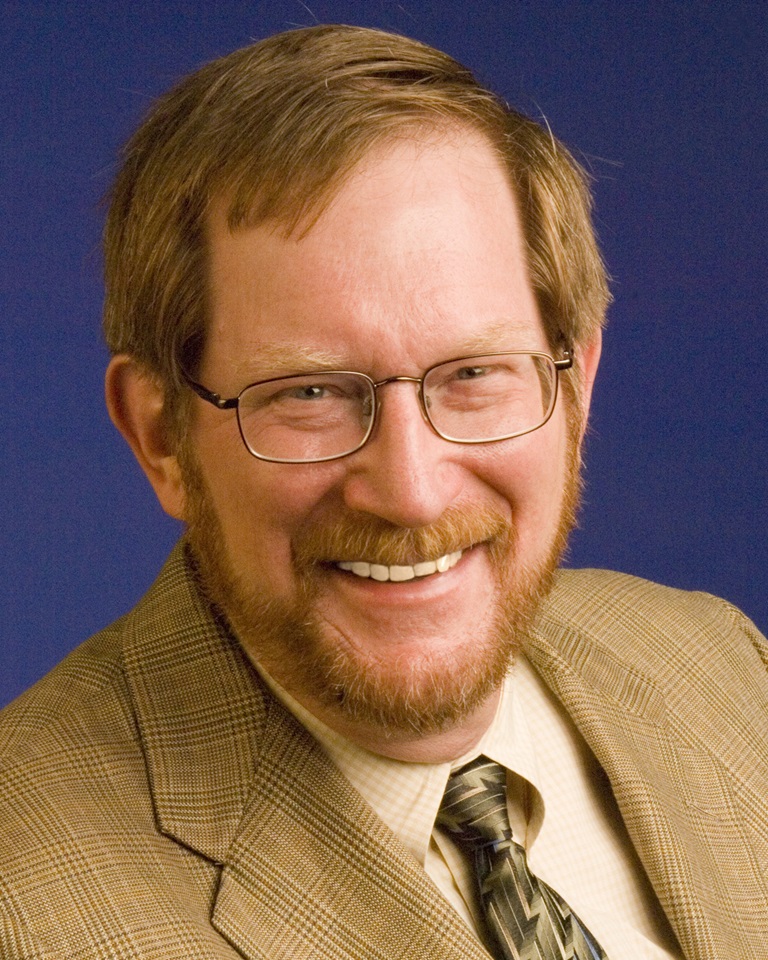
Edward S. Mocarski, Ph.D.
Emory University School of Medicine
Project Title: Innate Activation and Death Signals in Health and Disease
Grant ID: R01-AI118853
Funded by the National Institute of Allergy and Infectious Diseases & Office of the Director
Edward Mocarski started his career at Stanford University in 1983 where he served as Chairman of the Department of Microbiology and Immunology (1994-1999) and Associate Dean for Research (1999-2000) before becoming Professor Emeritus in 2006 as he accepted an appointment as Robert W. Woodruff Professor of Microbiology and Immunology at Emory University. Dr. Mocarski’s research has focused on the biology, pathogenesis and latency of cytomegalovirus (CMV), an opportunistic herpesvirus; in particular, on integrating biochemical, molecular, cellular and intact animal approaches to investigate the biological properties of this virus and its close relatives. He has made key contributions to the identification of replication functions, latent reservoir in myelomonocytic progenitors, immunomodulatory functions, and cellular response to viral infection. Recent studies of CMV-encoded inhibitors of cell death brought to light novel programmed cell death pathways that play out in mammals as alternatives to effectively eliminate pathogens that block apoptosis. He has discovered that mammalian cell death machinery may become dysregulated to cause developmental failure as well as inflammatory disease.
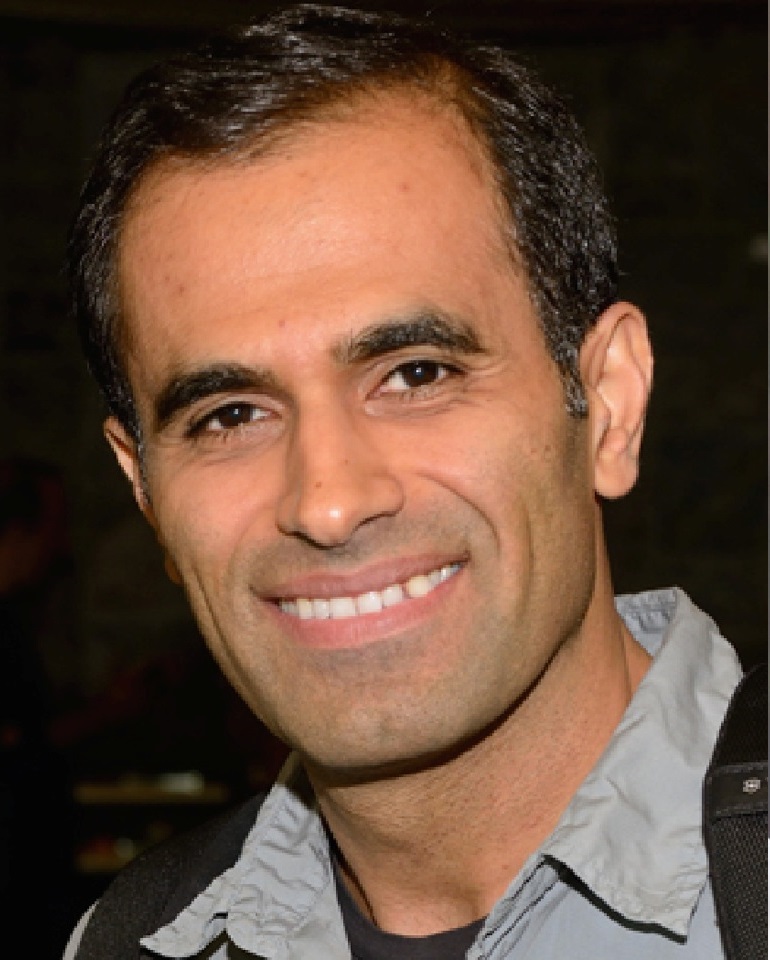
Saeed Tavazoie, Ph.D.
Columbia University
Project Title: Massively Parallel Mapping of All Molecular Interactions in a Single Tube
Grant ID: R01-HG009065
Funded by the National Human Genome Research Institute & Office of the Director
Saeed Tavazoie received his B.S. in Physics from University of Utah and his Ph.D. in Biophysics from Harvard Medical School in the lab of George Church. He is professor in the departments of Biochemistry & Molecular Biophysics and Systems Biology at Columbia University. The main focus of his research is to understand how cells adapt to changes in their external environment. His lab studies this systems-level phenomenon across a range of timescales, from rapid transcriptional responses, to multi-generational epigenetic reprogramming, to long-term rewiring of signaling and regulatory networks over evolutionary timescales. These studies have furthered our understanding of how environmental fluctuations are interpreted by cells; how global modulation of gene expression contributes to adaptation; how reprogramming of gene expression is encoded in DNA and RNA regulatory sequences; and how regulatory network rewiring underlies diverse phenomena of clinical relevance including antibiotic tolerance and cancer progression. Tavazoie’s honors include the NSF CAREER Award and the NIH Director’s Pioneer Award.
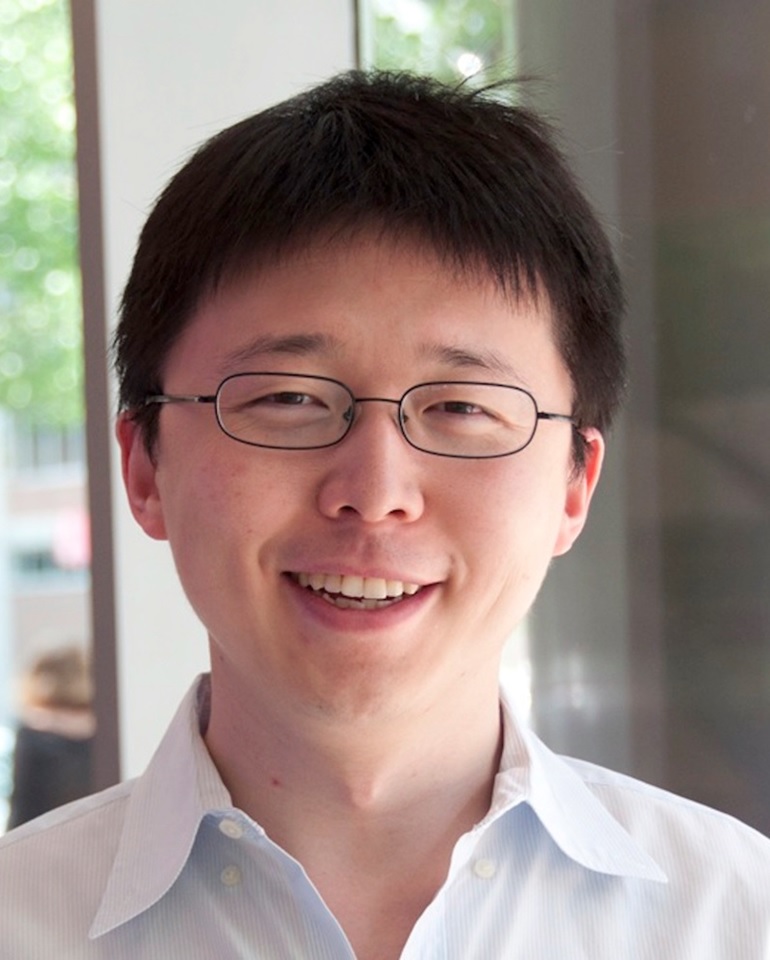
Feng Zhang, Ph.D.
The Broad Institute
Project Title: Massively-Parallel Functional Interrogation of Psychiatric Genetics
Grant ID: R01-MH110049
Funded by the National Institute of Mental Health & Office of the Director
Dr. Zhang is an Investigator at the McGovern Institute for Brain Research, a core member of the Broad Institute, the W. M. Keck Career Development Professor in Biomedical Engineering, and an assistant professor in the MIT department of Brain and Cognitive Sciences. Dr. Zhang is a bioengineer focused on developing tools to better understand brain function and treat neurological and psychiatric disorders. He played an integral role in the creation of two revolutionary tools, optogenetics and the CRISPR-Cas genome engineering system. Current research in the Zhang laboratory is centered on the development and application of the next generation of genome engineering tools to dissect the effects of genetic and epigenetic variation on the nervous system.


